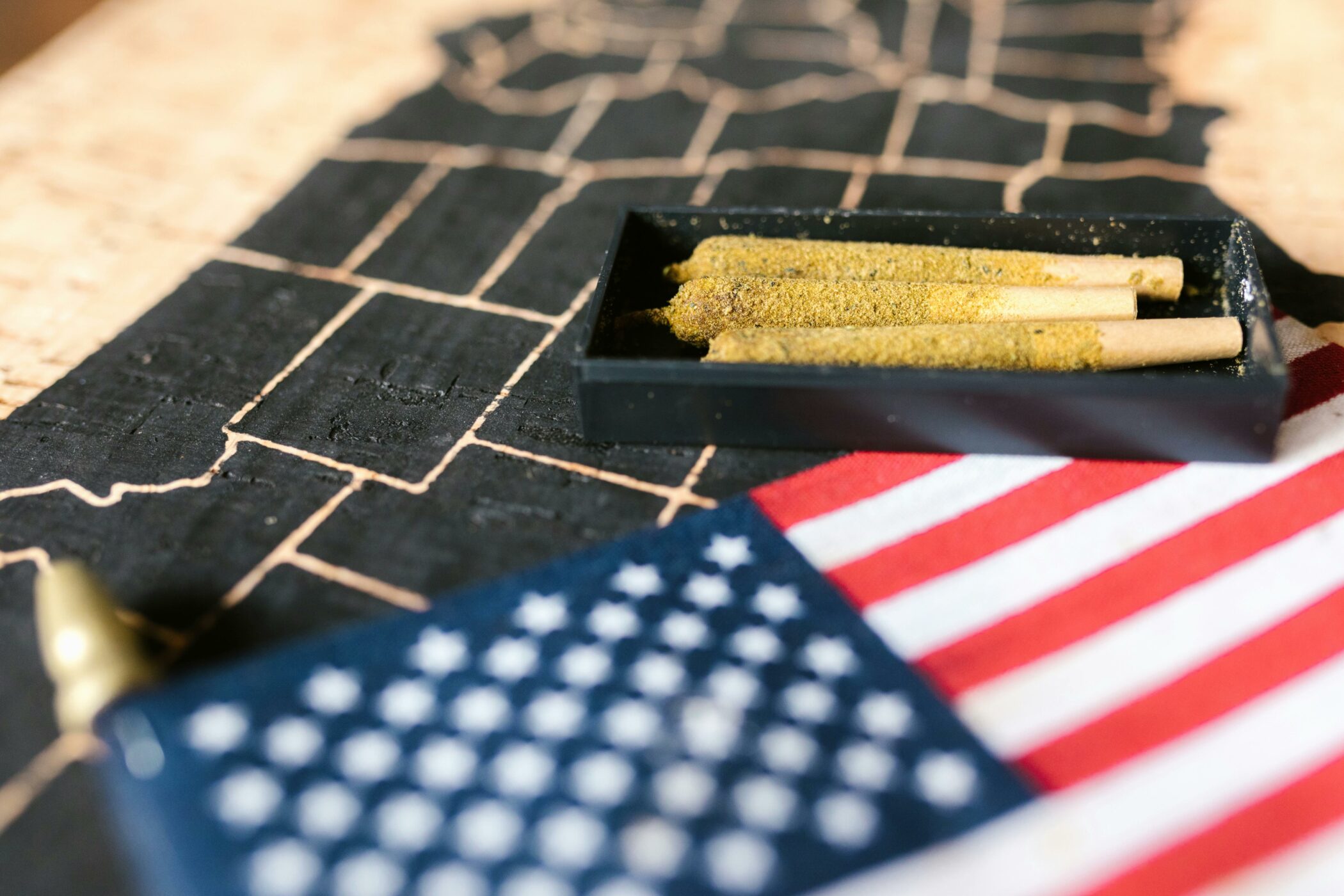Mixed Results for Cannabis Initiatives in U.S. States
LOS ANGELES- In the recent elections, U.S. states voted on a range of cannabis-related measures, with mixed results. Notably, attempts to expand cannabis access faced both advancements and setbacks, highlighting the varied landscape of cannabis policy across the nation.
Florida’s Amendment 3 Falls Short of Required Supermajority
In Florida, Amendment 3, which sought to legalize recreational cannabis for adults 21 and older, was rejected despite a majority vote. The amendment gained the support of 5.8 million voters against 4.7 million but required a 60% supermajority to pass as a constitutional amendment. This outcome follows ongoing debate within the state over cannabis legalization efforts, as Florida remains a medical-use-only state for cannabis.
Nebraska Approves Medical Cannabis Initiatives 437 and 438
Nebraska voters passed two related initiatives, signaling a shift towards medical cannabis acceptance. Initiative 437, the Nebraska Medical Cannabis Patient Protection Act, provides legal protections for patients and allows for possession of up to five ounces of cannabis when recommended by a medical professional. Initiative 438 establishes a regulatory framework through the Nebraska Medical Cannabis Commission, which will oversee licensed dispensaries and regulate the distribution of medical cannabis products, including concentrates and edibles. Both initiatives received approximately 70% voter support, reflecting strong public endorsement of medical cannabis in the state.
North Dakota’s Measure 5 Rejected by Voters
North Dakota voters narrowly rejected Measure 5, which would have legalized possession of small amounts of cannabis for adults. The measure received approximately 47% support, showing a nearly even divide on the issue but falling short of the simple majority needed for passage. This marks the second recent attempt to introduce broader cannabis legalization in North Dakota, as previous efforts faced similar resistance.
Oregon’s Measure 119 Expands Labor Rights in the Cannabis Industry
Oregon voters approved Measure 119, known as the United for Cannabis Workers Act, with around 55% support. The measure, proposed by United Food and Commercial Workers (UFCW) Local 555, guarantees legal protections for cannabis industry workers who choose to organize and collectively bargain. This initiative marks a significant step in extending labor rights within Oregon’s cannabis sector, and it is the first of its kind in the U.S..
South Dakota’s Measure 29 Defeated Again
In South Dakota, Measure 29, which would have legalized recreational cannabis, was rejected for the second consecutive election cycle, with 55% of voters opposing it. Despite recent legalization of medical cannabis, recreational use remains off-limits in South Dakota, where debates over cannabis policy continue to reflect divided public opinion.
Local Measures in Texas Approve Cannabis Decriminalization
Texas cities Dallas, Lockhart, and Bastrop voted in favor of decriminalizing cannabis possession. The new ordinance allows for citations, rather than arrests, for possession of up to four ounces of cannabis, effectively reducing criminal penalties. This move aligns with a growing trend among Texas municipalities toward cannabis decriminalization, although statewide legalization remains pending.
These results illustrate the fragmented approach to cannabis policy in the United States, with individual states and localities adopting varied approaches to legalization and regulation. As the cannabis industry continues to grow, these measures reflect shifting public attitudes and ongoing policy debates.



































